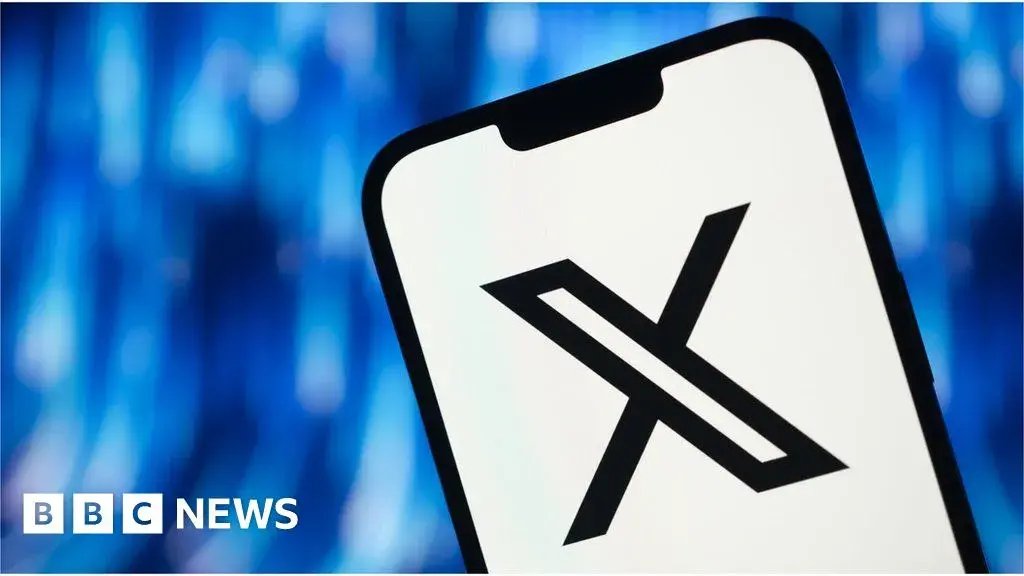When some people have argued that there is no use for EU, I have used its handling of technology giants as a counter-argument.
It does increasingly feel like the EU is the only institution that has any willingness to stand up to big tech.
Another thing I point out is “look no further than the bottom of your phone” to bring up how EU forced phone manufacturers to use USB-C.
Good thing that didn’t happen during USB Micro. That was one of if not the worst connector invented.
A shame the writers of the law didn’t have good enough knowledge of the underlying technology to mandate not just the USB C connector, but specific USB C standards. The fact that USB C cables are very much “you can’t even tell what it does without plugging it in” is a bit of a nightmare.
But on the other hand, there’s always changes for further revisions in the future.
And fortunately they made the law future proof. It doesn’t say that “hey, you should use USB-C” but it says “hey, you should use the connector mentioned in Appendix H which is defined by committee R”. That way they don’t need to start over the whole bureaucratic process the pass the law, just ask a committee to reevaluate the tech and they change the appendix. It can be USB-D from tomorrow.
Honestly I never had a problem with MicroUSB and haven’t really seen a benefit to USB-C for basic charging of devices. I guess some might charge faster, but USB-C is so screwed up that you need a magic mix of cable, charger and device to get more than baseline anyway, it works the same as MicroUSB for me.
I’ve had and seen many a device get ruined when the fragile connector breaks off. Combined with the slower charging, lower speed transfer, one way design that isn’t as obvious, etc.
And yes, I’d rather have lightning over usb-c as at least the lightning cables have consistent standards.
Hey look! Governments that aren’t 100% solely beholden to corporate interests!
🤖 I’m a bot that provides automatic summaries for articles:
Click here to see the summary
The European Union has formally announced it suspects X, previously known as Twitter, of breaching its rules in areas including countering illegal content and disinformation.
“X is focused on creating a safe and inclusive environment for all users on our platform, while protecting freedom of expression, and we will continue to work tirelessly towards this goal,” it added.
These are the first formal proceedings launched under the Digital Services Act (DSA), the tough new rules for big tech firms the EU has introduced.
“Today, we opened formal proceedings against X based on several suspected infringements of the Digital Services Act,” EU Commission spokesman Johannes Bahrke said.
However, concerns about the nature of the content appearing on X have intensified since it was bought by Elon Musk - in part because he laid off many of its moderators - with the European Commission previously warning it had the biggest disinformation problem of any major platform.
In the US, controversy over extremist material appearing on the site has led to an advertising boycott, a bitter row between Mr Musk and a campaign group, and even questions about whether X could end up going bankrupt.
Saved 52% of original text.





